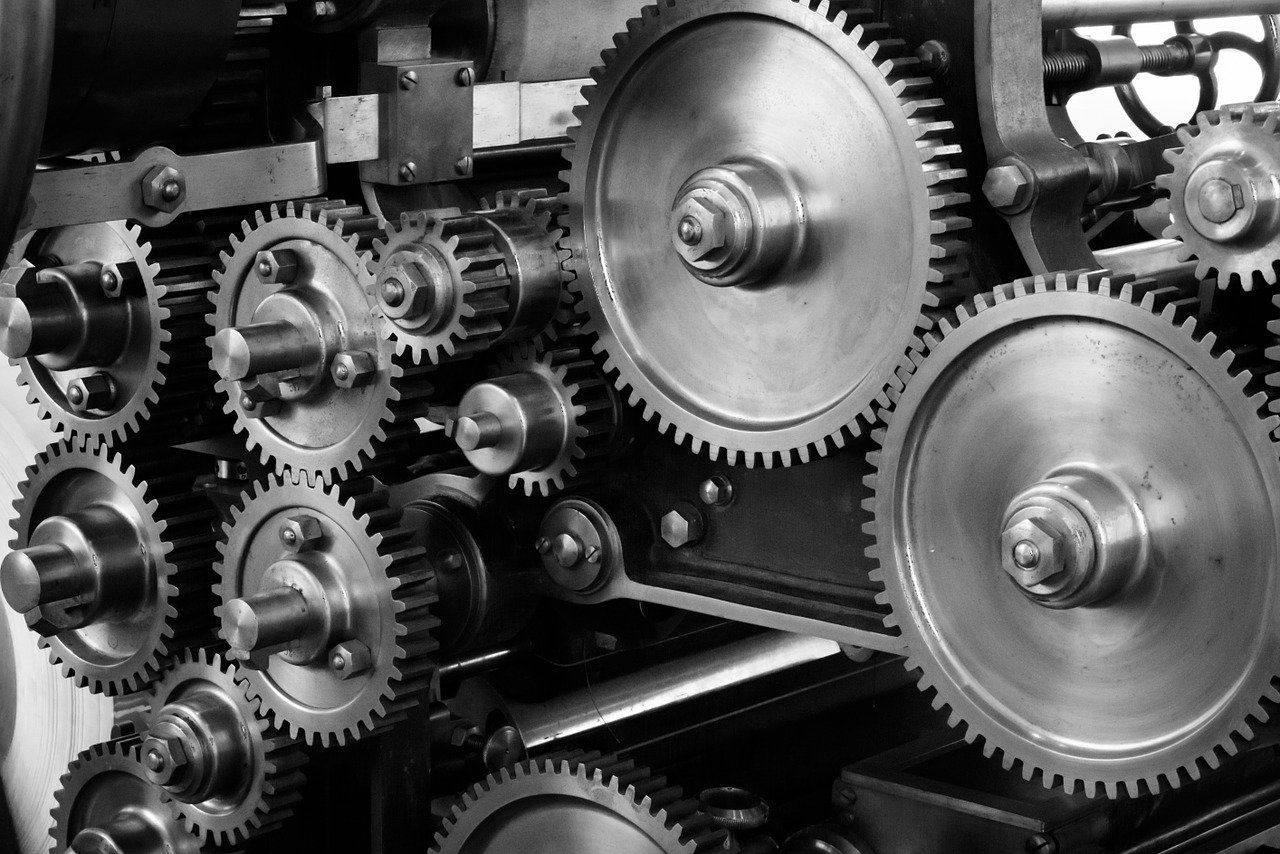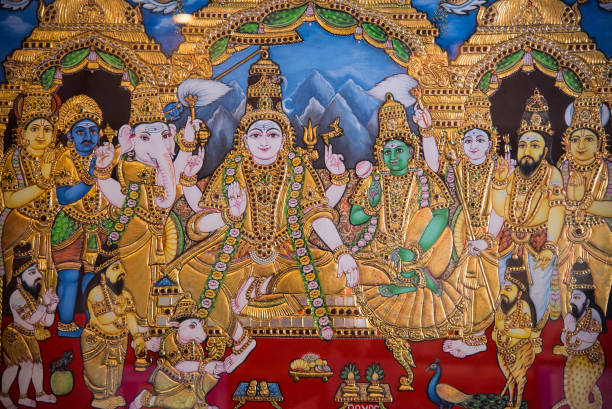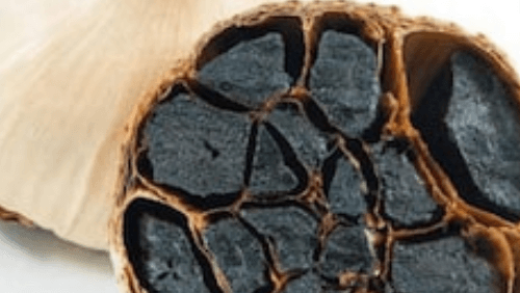- Out of the busy hectic schedule in the contemporary world, a healthy diet is something that can help you remain disease-free and completely immune.
- But many people misunderstand the correct definition of a healthy diet. They consider it avoiding some sort of foods and meals etc.
- Healthy eating is not round stopping oneself, starving to become a typical thin or negating ourselves of eatables we love.
- The correct method to stay healthy is by achieving a balanced diet comprising the major diet components that include fats, fibers, vitamins, protein, minerals, and carbohydrates in appropriate quantities.
About a balanced diet or Healthy Diet.
- This diet includes foods from every chief food group being characterized so far, that too in the right proportions. Healthy Diet
- This as a result can help a person get the ideal series of nutrition.
- The different individuals have different parameters of diet components to attain good health.
- But keeping a stick on food-related from every food group can cover all important food for different parameters.
Why is a balanced diet important?
- Balanced diet aids with sustained weight control.
- Calorie necessities are governed by age, level of physical activity, and weight goals.
- A well-balanced diet contains low-calorie, nutrient-dense foods like whole grains, lean protein, fruits, and vegetables. Healthy Diet
Key benefits of the intake of a well-balanced diet:
- Maintains weight
- Lowers Risk of Disease
- Growth and Development
- Decreases sadness and anxiety
- Maintains level of micro and macronutrients
- Defends you from non-contagious diseases like obesity, diabetes, and cardiovascular ailment.
Major Components of a balanced diet.
1) Carbohydrates.
- Makes up 60% of a person’s diet. Healthy Diet
- An important source of energy that is used up for daily activities.
- Majorly includes sources such as whole grains-wheat, millets, brown rice, etc
2) Fats.
- Contribute to about 15% of daily caloric requirements.
- Important for storage and release of vitamins and synthesizing hormones.
- Sources include polyunsaturated fats such as flax seeds, sunflower seeds, etc., monounsaturated fats such as olive oil, sesame oil, etc., and saturated fats such as butter, and ghee.
- Each of them must be taken in a limited amount. Healthy Diet
3) Protein.
- They help your body to repair cells and make new ones.
- Vital for growth and development during the numerous stages of life.
- About 25% of daily calories must be gained from protein.
- Highly proteinaceous food includes pulses like- moong dal, and urad dhal and legumes like kidney beans, black-eyed beans, and chickpeas.
- Milk products like -paneer, curd, and yogurt are also a great basis of protein.
4) Water.
- We can’t think of a life without water.
- It is a main nutritional component that helps regulate body temperature, greases your joints, and guards your major organs, and tissues.
- It also aids to transport oxygen and other nutrients throughout your body.
- At least 8 glasses of water must be drunk every day.
5) Vitamins and Minerals.
- They are categorized as micronutrients that support metabolism, bone maintenance, and cell production.
- Chief sources of vitamins and minerals comprise fruits, vegetables, potassium, iron, folate, vitamin A and vitamin C.











